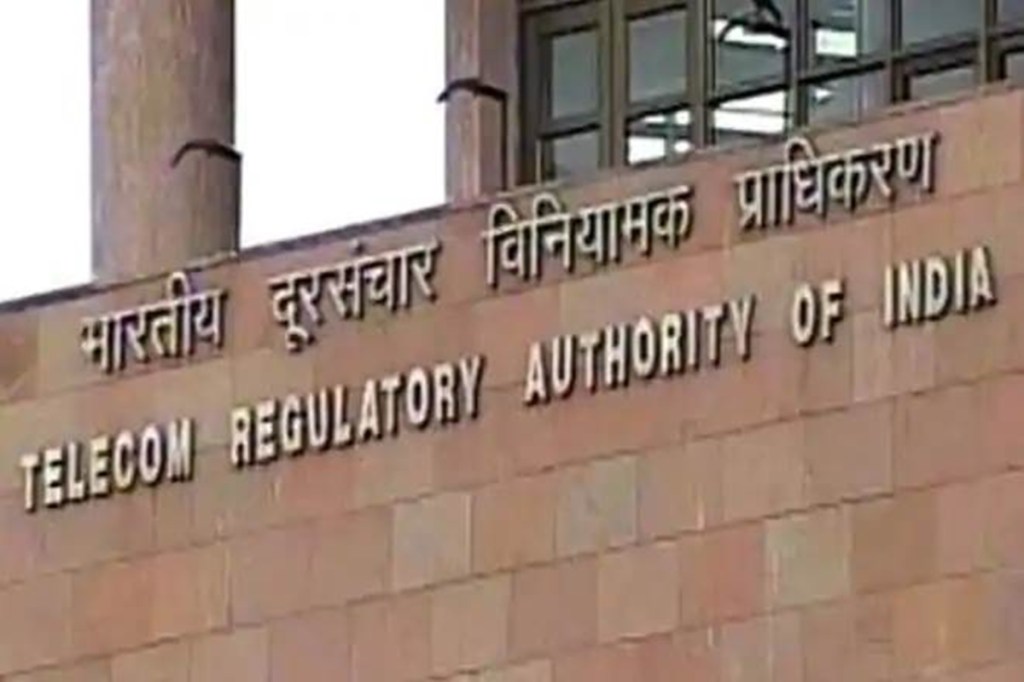Given that telecom regulator Trai has been discussing the implementation of the SMS scrubbing system over the last three years, most expected it to function seamlessly. But within a few days of the rollout, Trai has ordered telcos to roll back the system for a week as huge glitches caused failures in net banking, e-commerce sales, and even booking vaccination slots on the government app with OTPs getting blocked at the telco end. With increasing instances of SMS phishing—where hackers use SMSs to steal money or identities—Trai had discussed implementing blockchain technology to cross-verify all messages way back in 2018. While everyone was given ample time to comply with the new system, as Trai put it after the glitches, ‘some of the principal entities have not fulfilled the requirements …’. But given how online transactions have grown in the manner they have, it is simply inexcusable that the system was allowed to go online without adequate testing; after all, if Trai now knows that several major players had not done what they were required to, this is something it should have been monitoring closely.
Sadly, this is not the first time such glitches are being reported. The GST system, for instance, has been riddled with glitches; whether this was the fault of the firm that designed the system or the frequent changes in the forms is not the end-user’s problem, this is something the government needed to have sorted out before the system went online. The problem has become so severe, the Supreme Court in February this year asked the Centre to file an affidavit on technical glitches in GSTN; several taxpayers had said that they were not able to upload their documents due to the system’s poor functioning. And long before the recent problem with bulk SMSs, people had to line-up at vaccination centres because, in many cases, the CoWin website would not work. Aarogya Setu faced similar problems last year with technical glitches shutting the app.
While it is understandable that any new system will have some minor problems, the government needs to work on minimising these. At a time when the government is trying to build a digital India, it cannot afford technical failures every time a new app or service is unveiled. With confidence in new technology quite low to begin with, there should be rigorous third-party testing of apps and services before they are rolled out.


